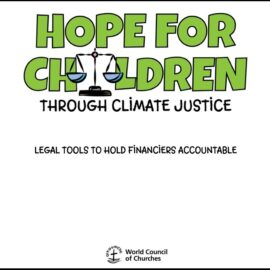
A three-judge state appellate panel ruled Monday that an East Baton Rouge Parish judge “abused her discretion” when she directed state regulators to re-evaluate critical air permits for a Formosa Plastics complex in St. James Parish before hearing the merits of the case. The unanimous ruling from the Louisiana 1st Circuit Court of Appeal sent the case back to 19th Judicial District Judge Trudy M. White for further proceedings, but isn’t likely to free up work on the $9.4 billion project proposed for the Welcome area in northeastern St. James. The U.S. Army Corps of Engineers continues to re-evaluate the wetland permit for the nearly 2,400-acre Mississippi River plant site after the agency suspended it following another legal challenge from environmental groups in federal court in Washington, D.C.
The Advocate
Economically the Sunshine project is a winner as it brings in jobs and tax monies. Health wise, which should be factored in with the positive economics, it is another question.
But the huge operation needed 15 air permits to emit more than 800 tons of toxic pollutants, nearly 6,500 tons of criteria pollutants known to cause ground-level ozone and respiratory ailments, and more than 13.6 million tons of greenhouse gases annually. Critics contend it would be one of the biggest plastics facilities in the nation. Environmental groups and residents who would live near the complex add it would put more pollution on largely minority communities already breathing poor air from existing industry. The legal challenge of the state air permit filed last year focused, in part, on what critics contended was the paucity of the state’s environmental justice analysis. That type of analysis examines whether a new facility siting places a disproportionate impact on minority communities. White handed down her original ruling in mid-November, saying environmental racism exists and operates through the state’s institutions and that the state Department of Environmental Quality did not balance pollution health risks with reasonable certainty.
At the time the judge ruled, not all comments had been received especilly from the state environment agencies.
The appellate court opinion noted that Monday. The judges said that, “without benefit of merits briefing from all parties, the import of any updated” data related to environment justice is unclear. White sent the case back to DEQ even though the plaintiffs didn’t ask her to do so. “As such, we conclude that the district court abused its discretion,” the appellate court wrote. The ruling was signed by Judges J. Michael McDonald, Guy Holdridge and Allison H. Penzato.
After the ruling, the FG, the Formosa affiliate, had this comment:
“After thorough analysis of FG’s permit application, the (DEQ) found the proposed project met all state and federal standards designed to protect the health and safety of FG employees, the St. James community and the environment with an added margin of safety,” the FG statement says. Attorneys with the Tulane Environmental Law Clinic, which represented the plaintiffs, could not be immediately reached Monday.
And so the battle remains with judges in the decision seat.



